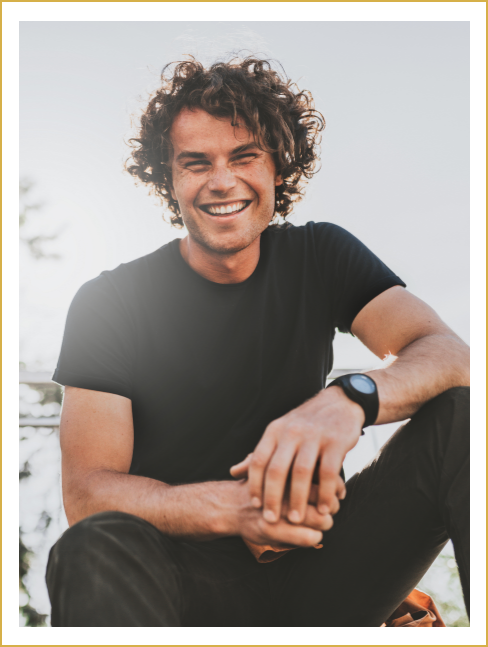Co-occurring disorders are very common and should be treated effectively. 7.7 million adults are affected by co-occurring mental and substance use disorders. Nearly 40% of adults with substance use disorders have also been diagnosed with a mental illness. These statistics paint a picture that while substance use disorders and mental disorders are often discussed separately, they interact a lot and should be treated alongside each other. Treatment for co-occurring disorders can be effective in multiple settings, including residential and outpatient treatment centers. California Centers for Recovery is a residential treatment center specializing in treating co-occurring disorders. Our program includes evidence-based therapies and holistic approaches to help our clients achieve long-term recovery. We understand the unique challenges that come with having a mental disorder and a substance use disorder, and we are here to support our clients every step of the way. Contact us today by calling 877.328.5682 to get started in our dual diagnosis treatment program.
What Are Co-Occurring Disorders?
People who have both a mental illness and a substance use disorder are considered to have a co-occurring disorder—also called a dual diagnosis. Common mental illnesses that are found to be co-occurring with substance use disorders include anxiety, depression, bipolar disorder, and post-traumatic stress disorder (PTSD). Those with a mental illness are more likely to develop a substance use disorder than those who are not diagnosed with a mental illness. This occurrence is because people with mental illness often use substances to self-medicate and cope with the symptoms of their mental illness. Additionally, substance use can also trigger the onset of mental health disorders.
Common Signs of a Dual Diagnosis
Mental disorders can be recognized by some characteristic signs and symptoms. However, only a professional can diagnose a mental health disorder. If you feel you are struggling with these symptoms, please reach out to a mental health professional to be evaluated.
Depression
Some common signs of depression include:
- Feeling down or depressed most days of the week
- Not being interested or getting pleasure from activities that you liked before
- Neglecting self-care or other obligations because you don’t have any motivation
- Feeling like you can’t get out of bed
- Sleeping too much or not being able to get much sleep at all
- Overeating or having no appetite
- Feeling tired all the time even though you got a full night of rest
Anxiety
Characteristic symptoms of anxiety include:
- Worrying about different things all the time
- Getting irritated easily
- Feeling like your muscles are tensed up all the time
- Having trouble falling asleep or staying asleep
- Feeling anxious or on edge all the time
- Having trouble concentrating
Bipolar Disorder
Signature signs of bipolar include:
- Feeling like you don’t need to sleep as much
- Feeling a noticeable change in your mood or energy that lasts more than a couple of days
- Racing thoughts or feeling like you need to keep talking
- Having impulsive behavior, such as excessive spending or hypersexuality
- Having a lot of plans to complete unrealistic goals
- Experiencing a “crash” in mood, energy, and motivation
PTSD
Common signs of PTSD include:
- Feeling jumpy all the time and watchful of other people
- Feeling like you can’t trust anyone
- Having flashbacks or recurring dreams about something traumatic that happened
- Having a lot of negative emotions, like anxiety, fear, shame, sadness, or anger
- Having more self-destructive behavior that is not characteristic of yourself
- Trying to avoid reminders of something traumatic
Signs of Addiction
Common substances used by people struggling with mental illness include but are not limited to alcohol, opioids, stimulants, marijuana, and prescription drugs. Signs of addiction to any of these substances that you should be aware of include:
- Strong cravings to use the drug.
- Feeling out of control with your use of the drug
- Giving up relationships, events, or activities because you were using the drug or recovering from its effects
- Spending a lot of time or money to use, obtain, or recover from the drug
- Trying hard to stop your use of the drug and not being able to
- Continuing to use the drug even though you know it’s negatively affecting your health
- Continuing to use the drug despite negative consequences, like legal issues or losing a job
Finding help for addiction is critical. The longer someone stays in the addiction cycle, the more it will progress and the harder it will be to break free. Fortunately, there are many resources available to those struggling with addiction. If you or someone you know is addicted to drugs, please reach out for help.
Finding Residential Treatment for Co-Occurring Disorders
Treatment centers that are educated on the prevalence of co-occurring disorders and the necessity to treat them together often offer residential treatment for co-occurring disorders. At California Centers for Recovery, we offer treatment for people with co-occurring disorders. We have skilled staff that will help you create a treatment plan based on your individual needs. We offer multiple rehab options that vary in length so you can get the support you need. Our detox programs can help you taper down from drug use safely, while our medical professionals provide expert support for your symptoms. After rehab, a stay in our luxury residential treatment center in the South Bay Area can help you focus on your recovery in a tranquil, luxurious environment. Don’t delay taking the steps to a healthier, happier future. Contact us today by calling 877.328.5682 to learn more about how California Centers for Recovery can help you take the first steps on the road to recovery.











